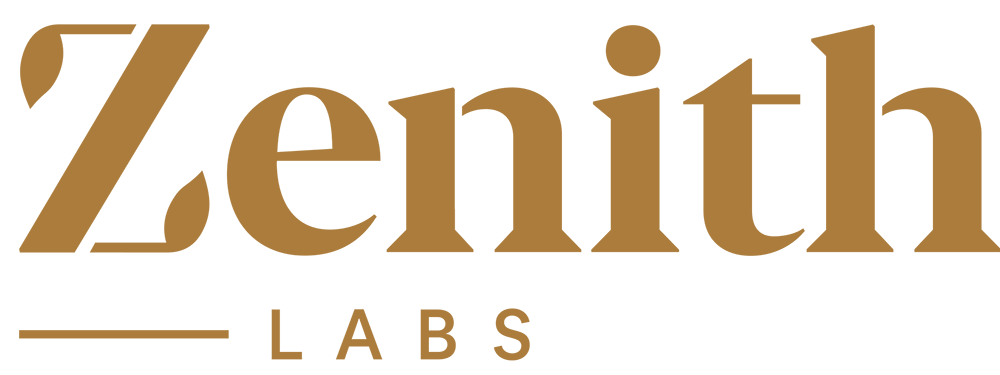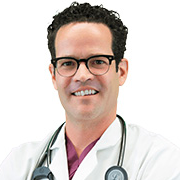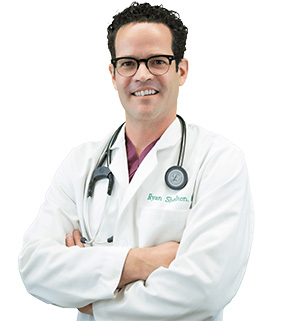Atherosclerosis is the number one cause of disease and disability for adults in the United States, and research shows it develops in your 20s, 30s, and 40s. It’s important to understand so I want to share with you seven shockingly strange factors that contribute to heart disease and strokes.

Is it possible to prevent or reverse heart disease? Absolutely. When people ask me to explain heart attacks and strokes, I give them one simple answer: inflammation. Inflammation equals heart attacks and strokes.
Think of your heart and brain as plants that need a constant flow of water. High blood pressure is like turning the water pressure up too high, which causes damage to the arteries. High cholesterol, on the other hand, is like clogging your arteries with liquid concrete. However, cholesterol is not the enemy. It’s actually produced by the body in high amounts to repair the damage of inflammation in your arteries.
Secrets to Longevity… Atherosclerosis
7 Strange Factors Contributing to Heart Disease
1. Sound and Noise

Sounds can be damaging to your heart and your brain. Starting around 50 decibels, the volume of a refrigerator or a friendly chat, noise can raise your blood pressure and increase the likelihood of heart failure. For every 10-decibel increase, your odds of getting heart disease and having a stroke go up even more. It’s your body in survival mode, as it reacts to loud noises by pumping you with stress hormones.
2. Irregular Menstruation

Women who get their first period before they’re 12 years old or who stop having their periods before they’ve reached 47 years old are more likely to have a stroke or develop heart disease. A woman’s risk also goes up if she’s had a miscarriage or have her ovaries or uterus removed.
3. Migraines

You’re more likely to experience chest pain, strokes, or heart attacks when you get migraines because of inflammation. If heart disease runs in your family or you’ve had heart problems before, you should probably avoid taking medicines called triptans because they narrow your blood vessels and exacerbate the process of inflammation and atherosclerosis.
4. Loneliness

Having too few friends or being unhappy with your life raises your odds of heart disease by about as much as second-hand smoke does. Feeling alone has been linked to high blood pressure and other effects of stress.
5. Stimulant Medications

Stimulant drugs such as dextroamphetamine and methylphenidate are designed to help you focus, but they can also raise your heart rate and blood pressure. It’s important to work with your doctor to decide if the benefits outweigh the risks with these kinds of medications.
6. Overworking

People who work 55 hours per week are more likely to have heart disease than those who only work 35 to 40 hours a week. This could be the result of many things including increased stress, a sedentary lifestyle, or perhaps drinking more alcohol. If you tend to work a lot, it’s especially important to take care of yourself to avoid heart disease and stroke.
7. Gum Disease

Bacteria from your mouth can enter your blood and cause inflammation in the lining of your arteries, which can lead to the buildup of fatty lipids and cholesterol. Research shows that by treating gum disease, you can lower the level of an inflammatory marker called C-reactive protein in your blood. Doctors use this measurement through laboratory results along with cholesterol levels to predict cardiac events.
Key Steps to Take

In order to protect yourself from atherosclerosis, there are several key steps you can take. Control your blood pressure, keep your cholesterol and triglycerides under control, stay at a healthy weight, don’t smoke, manage your stress, manage diabetes, and get plenty of sleep.
Medications

One class of medications that are typically used to treat heart disease is blood pressure agents, and one of the most common agents is lycinapro. Lycinapro comes with a variety of side effects, so work with your doctor when taking this medication and get your blood pressure down through diet and exercise.
When it comes to statin medications, some studies have shown there is only a 1% decrease in heart disease if you’re taking a statin medication. Cholesterol is important for the body as a precursor hormone for testosterone, estrogen, and progesterone. A decline in these hormones can aggravate the process of heart disease and stroke.

The rise in cholesterol is late in the chain of events because remember, cholesterol is patching up the arteries and repairing the damage of inflammation. Fear of cholesterol comes from a primitive perspective of pharmaceutical companies and even some doctors. High cholesterol actually signals that you have extraordinary inflammation and your body is trying to repair the inflammation.
Statin medications lead to an increased risk of Parkinson’s disease. It decreases CoQ10, which can lead to negative consequences in your health like muscle pain, hormonal imbalances, and more. There are more than 300 adverse effects of statin medications, so try to correct your diet, activity level, and hormones first.
I tell patients that mindfulness is most important. Understanding heart disease as inflammation and not high cholesterol, and knowing that it can be improved with lifestyle changes. It takes some effort but you can make drastic changes not just for heart disease but for a number of health conditions.
 If you liked this video/article, do share it with your friends and loved ones. Subscribe to the Youtube channel for weekly tips on new tools and techniques to improve your health and well-being.
If you liked this video/article, do share it with your friends and loved ones. Subscribe to the Youtube channel for weekly tips on new tools and techniques to improve your health and well-being.
I believe in the original meaning of the word doctor, ‘docere’, which means teacher. I’m here to help educate you on how to take care of yourself in ways that you may not have heard of before, but that are effective. I always want to hear your ideas and feedback so be sure to leave me comments below!











